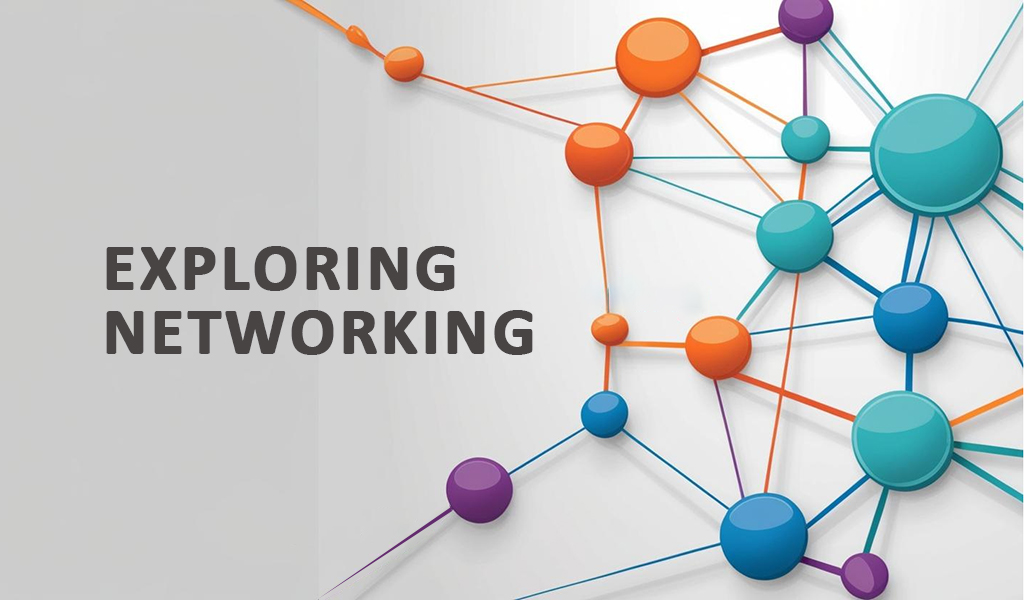Networking is often referred to as one of the most valuable assets in a professional’s toolkit. For PGDM (Post Graduate Diploma in Management) students, networking can play a pivotal role in shaping their careers long after they graduate. While the importance of academic knowledge cannot be overstated, it’s the relationships that build during PGDM that can truly set students apart in the competitive business world.
Why Networking Matters
In the fast-paced and ever-evolving business world, connections are often as valuable as qualifications. Here’s why networking is crucial:
- Access to Opportunities: Networking opens doors to job opportunities, internships, partnerships, and even entrepreneurial ventures. Many positions aren’t advertised publicly and are filled through referrals or word of mouth.
- Insight and Mentorship: By connecting with experienced professionals, students can gain valuable insights into the industry. Mentors can guide students, offering advice on career decisions, skill development, and personal growth.
- Building Confidence: Regular interactions with industry leaders, professors, and peers can help students build confidence in students’ communication and interpersonal skills, vital for leadership roles.
How to Start Networking
Networking doesn’t have to be intimidating. There are several effective ways for PGDM students to start building meaningful connections from day one.
- Leverage Alumni Network
Business schools have a robust alumni network. These connections can provide students with guidance, job leads, and a sense of community
- Engage in alumni events: Participate in alumni meetups, webinars, and panel discussions. These events offer excellent opportunities to learn from successful professionals and expand network.
- Seek mentorship: Many alumni are happy to provide mentorship to students. Reach out to alumni who share interests or career goals for advice and guidance.
- Engage with Faculty and Guest Speakers
Professors and guest speakers are often seasoned professionals with deep industry knowledge. They can offer insights that textbooks can’t.
- Ask thoughtful questions during class or after guest lectures. This shows that students are engaged and eager to learn.
- Stay after class for a conversation: Take the time to speak with faculty or guest speakers after a lecture to discuss interests and career goals.
- Utilize Social Media and Professional Networks
In today’s digital age, LinkedIn has become the go-to platform for professional networking. Here’s how to make the most of it:
- Create an impressive LinkedIn profile: Ensure LinkedIn profile highlights skills, achievements, and areas of interest.
- Follow and engage with industry leaders: Stay updated on the latest trends and industry insights by connecting with professionals and commenting on posts.
- Participate in Networking Events and Conferences
Attending networking events, career fairs, or industry conferences can help students build both professional and personal relationships.
- Attend industry-specific events: Look for conferences and meetups in the field of interest, such as marketing, finance, or entrepreneurship.
- Prepare an elevator pitch: Have a short, clear introduction about who students are, what students study, and what students’ career aspirations are. This will make it easier for others to remember students.
Keys to Maintain and Strengthen the Network
Networking isn’t just about collecting business cards or LinkedIn connections. It’s about building lasting relationships that are mutually beneficial. Here’s how students can maintain and nurture the connections:
- Follow Up Regularly
After meeting someone at an event or after an interview, always follow up with a message or email. This shows appreciation and interest in continuing the relationship.
- Send a thank-students note after meeting someone for the first time.
- Stay in touch periodically by sharing articles, resources, or updates about career progress.
- Offer Value to Contacts
Networking is a two-way street. While it’s important to seek advice, it’s also essential to offer something in return.
- Share relevant insights or opportunities that may be useful to the contacts. For instance, if students come across an interesting article or job opportunity, share it with someone who might benefit from it.
- Be a connector: If students know someone who could benefit from knowing another person in their network, make an introduction. Being a connector will increase value within the network.
- Be Consistent and Genuine
Authenticity is key to maintaining strong relationships. People appreciate genuine connections over superficial interactions.
- Be yourself: Don’t try to force connections. Instead, focus on building meaningful relationships based on mutual respect and shared interests.
- Check in regularly: Students don’t always have to ask for something. Sometimes, just checking in with the network shows that students care about them beyond just what they can offer.
The Long-Term Benefits of Networking
Building a network that lasts beyond the PGDM can yield long-term rewards. Here are some lasting benefits:
- Career Advancement: A strong network can help students access promotions, new roles, or even entrepreneurial opportunities throughout their career.
- Personal Growth: The diverse perspectives and experiences students encounter through networking can expand the worldview and help students grow both personally and professionally.
- Professional Reputation: As students continue to build relationships, they will develop a reputation as someone who is well-connected, trustworthy, and knowledgeable in the field.
Networking is not just a one-time activity—it’s an ongoing process that requires effort and genuine engagement. For PGDM students, it is a critical tool that can significantly impact career progression. By leveraging alumni network, engaging with faculty and professionals, and utilizing social media, students can build relationships that last far beyond graduation. Remember, networking is not about collecting contacts—it’s about fostering meaningful, long-term relationships that contribute to mutual growth. Start building the network today, and see the benefits in career tomorrow.



